The Orthopaedic Residency Program at the University of British Columbia is one of the leading orthopaedic training programs in Canada. Drawing upon our commitment to education, multidisciplinary approach, and collaborative culture, our program offers residents an unmatched variety of exposure to develop their clinical skills. Our 5-year program is fully accredited by the Royal College of Physicians and Surgeons of Canada.
Program Overview
The training program consists of ~25 residents, over 40 faculty, 9 university-affiliated hospitals, more than 300 beds available for educational purposes, as well as a variety of multidisciplinary conferences and clinics. Each of the hospital sites within the training program has specific area(s) of clinical expertise and research focus. Each orthopaedic surgery subspecialty is taught during a clinical rotation at a hospital site specific to that subspecialty. Resident rotations are based on the educational requirement of each resident, and not on the service requirements of the hospitals. Through their feedback, and participation on the Residency Program Committee, residents have made and continue to make a significant contribution towards improving the educational quality of every rotation in the training program.
Why UBC Orthopaedics? Learn from our internationally renowned faculty, and join a community of orthopaedic scholars at one of the world’s top-ranked universities.
Curriculum
PGY 1
- Orthopaedic trauma surgery
- General surgery trauma service
- Vascular surgery
- Plastic surgery
- Perioperative medicine
- Surgical Foundations “CRASH” course
- Orthopaedic Surgery “Bootcamp” course
PGY 2
- ICU
- Orthopaedic trauma
- Pediatric orthopaedic surgery
- Spine surgery
- Community orthopaedic surgery
The Surgical Foundations academic training program is administered by the Department of General Surgery and is provided by a weekly academic half-day as well as the PGY1 CRASH course. Residents are required to successfully complete the Royal College Examination in Surgical Foundations in the spring of the PGY-2 year.
PGY 3
- Hip and knee reconstruction
- Spine surgery
- Arthroscopic surgery and upper extremity surgery
- Foot and ankle surgery
- Hand and upper extremity surgery
PGY 4
- Adult MSK oncology
- Orthopaedic trauma
- General and community orthopaedic surgery
- Hand surgery
- Foot and ankle surgery
- Elective (may be taken locally, in a rural location, or at an international center)
PGY 5
- Orthopaedic trauma
- Hip and knee reconstruction
- Pediatric orthopaedic surgery
- Arthroscopic surgery and upper extremity surgery
- Knowledge consolidation, review, and elective
Training Sites
British Columbia Children’s Hospital
- Pediatric orthopaedic surgery rotations
Burnaby Hospital
- Community orthopaedic practice rotation
Eagle Ridge Hospital
- Hand surgery rotations
Royal Columbian Hospital
- Orthopaedic trauma
St. Paul’s Hospital
- Foot and ankle surgery rotations
- Hand and upper extremity surgery rotations
UBC Hospital
- Arthroscopic surgery and athletic injuries
University Hospital of Northern BC
- Community orthopaedic practice rotation
Vancouver General Hospital
- Hip and knee reconstruction
- Orthopaedic trauma
- Spine surgery
- Most surgical foundations rotations (trauma service, plastics, vascular, perioperative medicine, ICU)
Research Education
Participating in orthopaedic research is a key component of successful modern orthopaedic practice. Orthopaedic surgery by its nature is greatly affected by advances in surgical techniques, engineering, biomaterials, pharmacology, genetics and human biology. An understanding of orthopaedic research and critical appraisal skills are mandatory for successful practice and Royal College Certification.
Resident research in the UBC orthopaedic surgery training program is facilitated and promoted in several ways:
- A Director of resident research, who oversees each resident’s progress toward completion of their research.
- A strong ongoing clinical research program within all Divisions of the UBC Department of Orthopaedic Surgery, which provides a broad range of available avenues for resident research. Many Divisions have a dedicated research coordinator as well as faculty with advanced training in clinical epidemiology, who are able to provide support and guidance to residents completing a research project within the respective Division.
- Residents may apply during their training for dedicated time to perform basic science or clinical research. The resident will be allowed, over the course of one or more of their scheduled 2-month clinical rotations, to dedicate half of their time each week towards completion of a research project.
- Residents are required to present a research project at the annual UBC Orthopaedic Surgery Research Day in at least four of their five years in the program.
- Residents planning a career in an academic centre may consider obtaining an advanced degree in a related field such as clinical epidemiology. If a resident wishes to complete this training prior to the completion of their residency, then (a) they will require approval from the Department Head and the Director of Postgraduate Education, and (b) they will need to lengthen their residency training in order to take time off for their chosen program of study – which will typically be not less than one year. Another option for residents seeking to obtain advanced degree training is to apply to the UBC “Clinician Investigator Program” (CIP). CIP is an opportunity for dedicated research time with funded support.
Career Opportunities
Residents graduating from our program have diverse career paths, ranging from direct entry into community practice to advanced clinical fellowships and PhD training. The reputation of the training program and the orthopaedic faculty provide our residents with a great deal of opportunity outside Canada for fellowship training or career development. A large number of our graduates have gone on to successful academic careers and are among the leaders in orthopaedic surgery in Canada.
Visit the Meet our Alumni page to learn more about our graduates and their diverse career paths!
How to Apply
All applications to the Orthopaedics Residency Program at UBC are processed through the Canadian Resident Matching Service (CaRMS). Please refer to the CaRMS website for application deadlines, required documentation, and eligibility requirements. To obtain more information on Admission to Postgraduate Medical Education at UBC, please visit the Postgraduate Medical Education website.
Program Contacts
|
Dr. Fay Leung |
|
|
Byron Mullo |
|
|
Our Residents: |
Testimonials
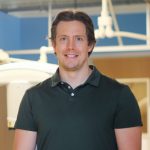 “The Orthopaedic Residency program at UBC is one of the best in the country. I believe that what sets UBC apart is the quality of mentorship in the program. Faculty in each division go out of their way to mentor learners both clinically and academically, and as a result graduates are frequently selected to Fellowships of their choice, with the vast majority finding employment afterwards.”
“The Orthopaedic Residency program at UBC is one of the best in the country. I believe that what sets UBC apart is the quality of mentorship in the program. Faculty in each division go out of their way to mentor learners both clinically and academically, and as a result graduates are frequently selected to Fellowships of their choice, with the vast majority finding employment afterwards.”
– David Stockton, UBC Orthopaedics Resident
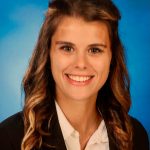 “The University of British Columbia Orthopaedics program was a first choice for me as an incoming candidate. Apart from its exceptional training opportunities and staff, it’s a program that respects its residents, treats them as colleagues and always puts teaching first. Everyone in my resident group was welcoming and warm, creating an ideal environment for learning. As a resident in this program I am confident that I will be prepared for a fulfilling career in orthopaedics.”
“The University of British Columbia Orthopaedics program was a first choice for me as an incoming candidate. Apart from its exceptional training opportunities and staff, it’s a program that respects its residents, treats them as colleagues and always puts teaching first. Everyone in my resident group was welcoming and warm, creating an ideal environment for learning. As a resident in this program I am confident that I will be prepared for a fulfilling career in orthopaedics.”
– Taylor Crown, UBC Orthopaedics Resident
Frequently Asked Questions
As everyone is aware, the cost of accommodation is higher in Vancouver than most other cities in Canada. Nevertheless, most residents in our program are easily able to obtain rental units in close proximity to Vancouver General Hospital where the majority of clinical rotations take place. A strong network exists amongst the residents to acquire accommodation, and we would encourage you to contact the department if you require assistance in this matter.
Since most residents live in neighbourhoods close to VGH, many will commute by bicycle to the other two hospital sites that are relatively close by (SPH and BCCH). Although most residents may choose to travel by car to Burnaby, RCH (in New Westminster) and Richmond, public transit is a viable option for all three sites. UBC PGME assists all residents with obtaining accommodation, and reimburses travel expenses, for the community orthopaedics rotation in Prince George.
Residents complete at least one, and most often two, one-year fellowship training programs in subspecialties of orthopaedic surgery. In recognition of the clinical and academic accomplishments of our residents, and extensive working relationships that exist between our faculty and faculty at other training centres, we can advocate effectively on behalf our residents when applying for these positions. Our graduates have had a high rate of success in obtaining a position at highly sought-after fellowship programs in Canada, the US, and abroad. After completion of their fellowship training, our residents have ultimately always been successful in obtaining career positions in both academic and community hospital not only in BC but elsewhere in Canada and the US. Learn more about our alumni.
- in PGY1, a 4 week “orthopaedic surgery boot camp” consisting of lectures, case-based discussions, and surgical skills training on simulated bone models, cadavers, and simulations. PGY1 residents are not scheduled to provide any clinical service during these 4 weeks, with the exception of a couple of weekend on-call shifts.
- in PGY1, a 4 week surgical foundations “CRASH” course consisting of lectures, case-based discussions, and surgical skills simulations. PGY1 residents are not scheduled to provide any clinical service during these 4 weeks, with the exception of a couple of weekend on-call shifts.
- daily structured 45 minute teaching sessions at every hospital site, prior to the start of the work day.
- a weekly “academic half day”, covering all required knowledge in orthopaedic surgery as well as selected topics in the non-expert role CanMEDS domains, taught in a case-based format. Teaching at academic half days is provided by residents and faculty, and a faculty member is assigned to supervise every session. Residents are excused from all clinical duties in order to attend the academic half day.
- during weekly “academic half day” in the months of July and August, a cadaver dissection lab providing hands-on training in surgical anatomy
- a fracture fixation advanced skills lab attended by all residents, held yearly
- hands on skills labs in arthroscopic surgery on cadavers and simulated joints, as well as on high fidelity computer-based simulators
- 3 all-day “visiting professor” teaching sessions provided by invited national and international faculty, in a broad range of subspecialties
- mandatory courses provided external to the program, for which the program provided full tuition support. These courses include both AO Basic and Advanced Fracture Fixation skills courses, and the COA Basic Science Course.
- the resident research program
Participating in orthopaedic research is an important part of surgical training. Critical appraisal skills and an understanding of research are required to evaluate rapidly changing treatment techniques.
Resident research in the UBC orthopaedic surgery training program is facilitated and promoted in several ways:
- A Director of resident research, who oversees each resident’s progress toward completion of their research
- A strong ongoing clinical research program within all Divisions of the UBC Department of Orthopaedic Surgery, which provides a broad range of available avenues for resident research. Many Divisions have a dedicated research coordinator as well as faculty with advanced training in clinical epidemiology, who are able to provide support and guidance to residents completing a research project within the respective Division
- Residents may apply during their training for dedicated time to perform basic science or clinical research. The resident will be allowed, over the course of one or more of their scheduled 2-month clinical rotations, to dedicate half of their time each week towards completion of a research project.
- Residents are required to present a research project at the annual UBC Orthopaedic Surgery Research Day in at least four of their five years in the program.
- Residents planning a career in an academic centre may consider obtaining an advanced degree in a related field such as clinical epidemiology. If a resident wishes to complete this training prior to the completion of their residency, then
- they will require approval from the Department Head and the Director of Postgraduate Education
- they will need to lengthen their residency training in order to take time off for their chosen program of study – which will typically be not less than one year since this time is not funded by UBC PGME, they can apply for one year of funding (currently in the amount of $20,000) from the program’s Brett Kilb Memorial Fund.
- Another opportunity for residents seeking to obtain advanced degree training, and an opportunity for dedicated research time with full salary support, is to apply to the UBC “Clinical Investigator Program”.
In general, all residency programs encourage their graduating residents to broaden their experience by obtaining fellowship training at a centre elsewhere within or outside of Canada. However, all Divisions in our Department provide fellowship training experiences that residents from our program can certainly apply for. Many of the fellowship opportunities provided by our department are very highly regarded both nationally and internationally – particularly those in the subspecialties of spine, hip and knee arthroplasty, foot and ankle surgery, and trauma.
The UBC Orthopaedic program values diversity and inclusion. From a gender perspective, 40% of residents in the UBC orthopaedic surgery residency program are women, and virtually all clinical rotations in our program have female faculty preceptors, enhancing our program’s ability to provide role modelling, mentorship, and advocacy for women starting their career in orthopaedic surgery. In addition to gender diversity, we believe that different backgrounds, experiences, and perspectives enrich our program and we seek to reflect that diversity in our residents, staff and faculty.
Non-Canadian trainees are supported by their home country to obtain residency training in Canada. Our program selects, on average, one non-Canadian trainee from Kuwait or Saudi Arabia each year.
PGY1 and PGY2 residents are encouraged (and assisted in) matching with one of the PGY4 or PGY5 residents to obtain mentorship at the start of their training. During the course of their training, most residents self-assign themselves to one or more faculty mentors to obtain mentorship. Our faculty members are all very approachable and welcome the opportunity to assist trainees in achieving their goals throughout residency and beyond. By self-assigning a faculty mentor, residents can obtain support and career advice from faculty that closely match their own personality and aspirations.
Resources for Prospective Applicants
Contact Us
If you have questions about our residency program, please send an email to: orthopaedics.residency@ubc.ca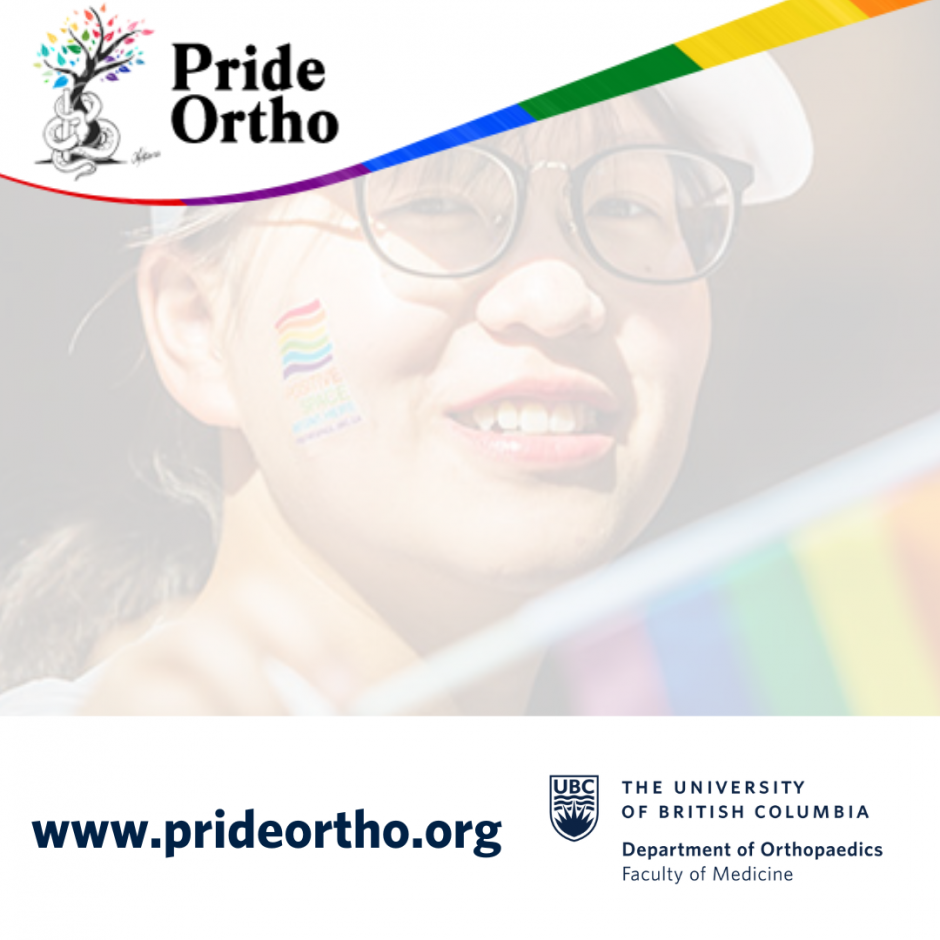
The UBC Department of Orthopaedics is proud to share support of Pride Ortho. Our Program has been listed as one of Pride Ortho’s “LGTBQ+ Friendly Residencies/Fellowships”
About Pride Ortho: Pride Ortho is a community of proactive lesbian, gay, bisexual, transgender, queer (LGBTQ+) individuals and their allies with a mission to provide mentorship, networking, and a sense of belonging for members of our orthopaedic community.
Learn more at www.prideortho.org.
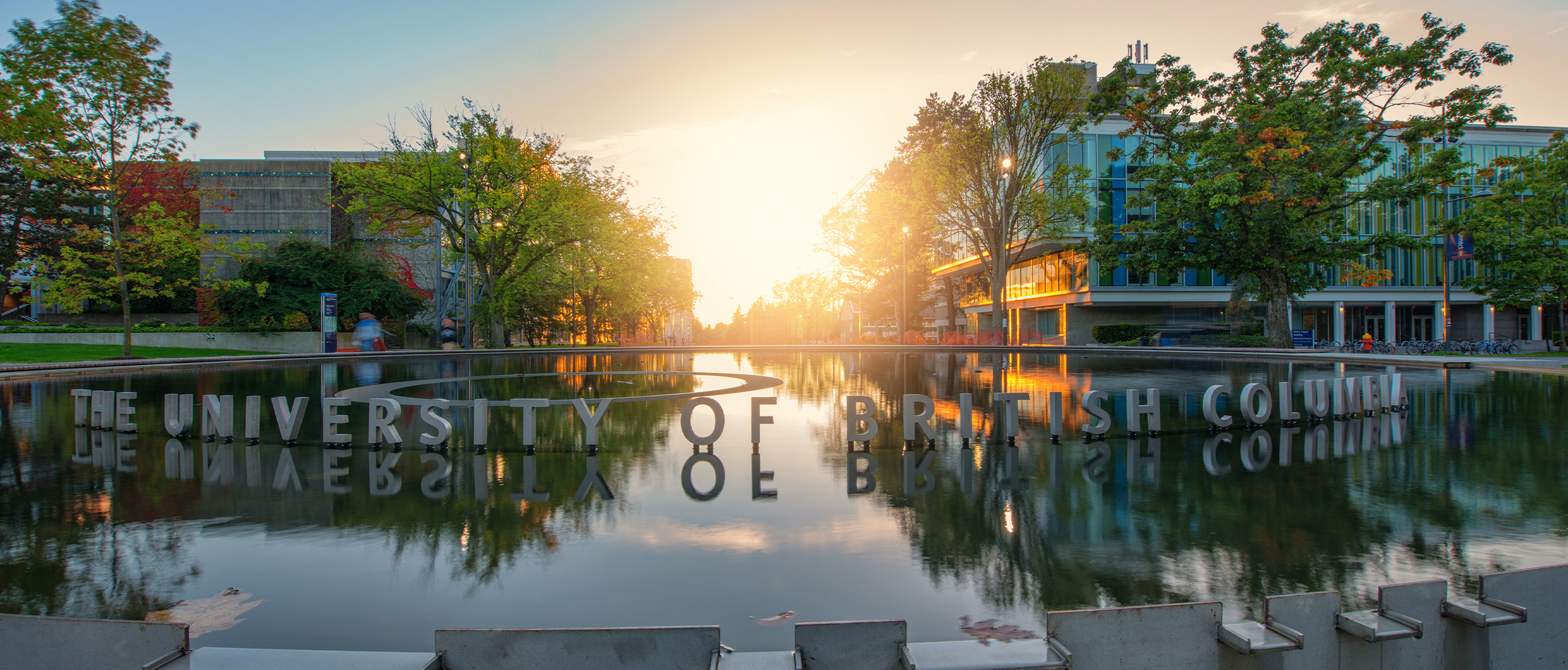
WHY UBC?
Learn from our internationally renowned faculty, and join a community of orthopaedic scholars at one of the world’s top-ranked universities.
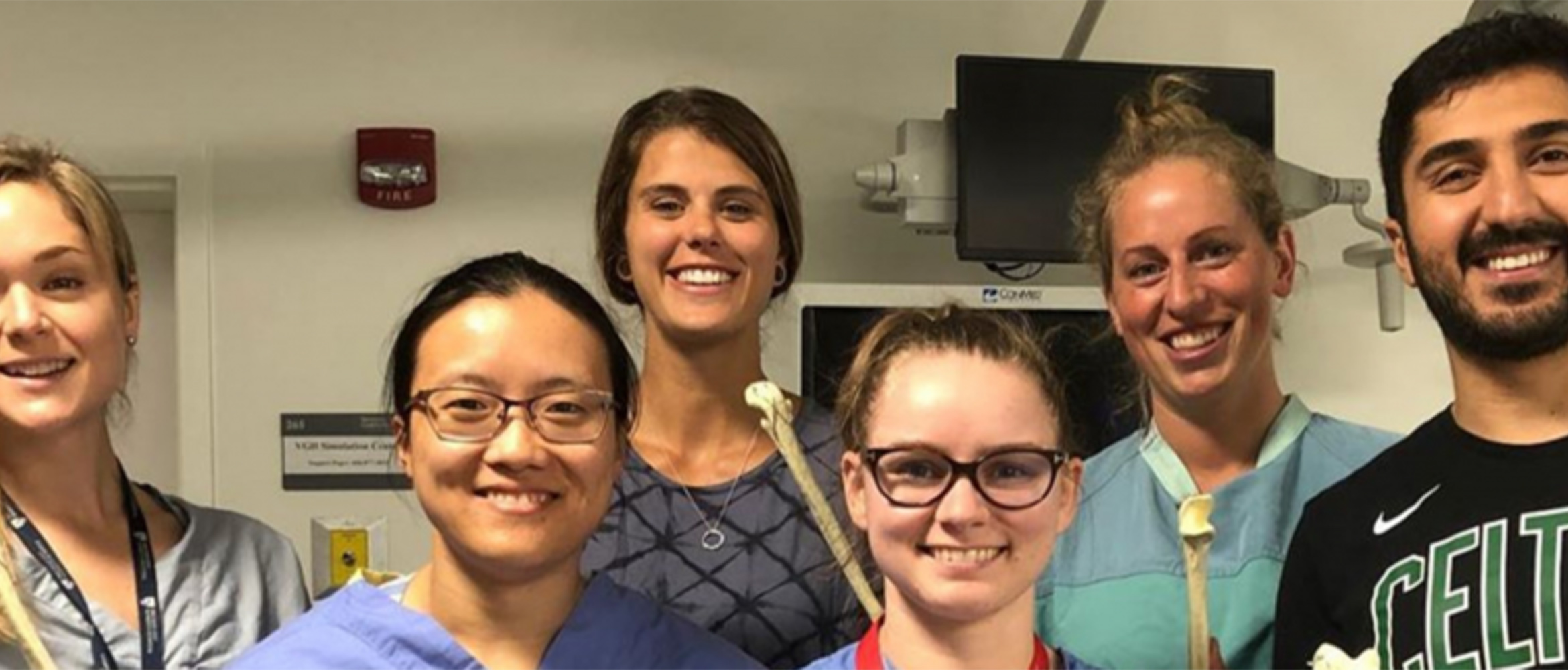
MEET OUR RESIDENTS
The Orthopaedic Residency Program at the University of British Columbia is one of the leading orthopaedic training programs in Canada.
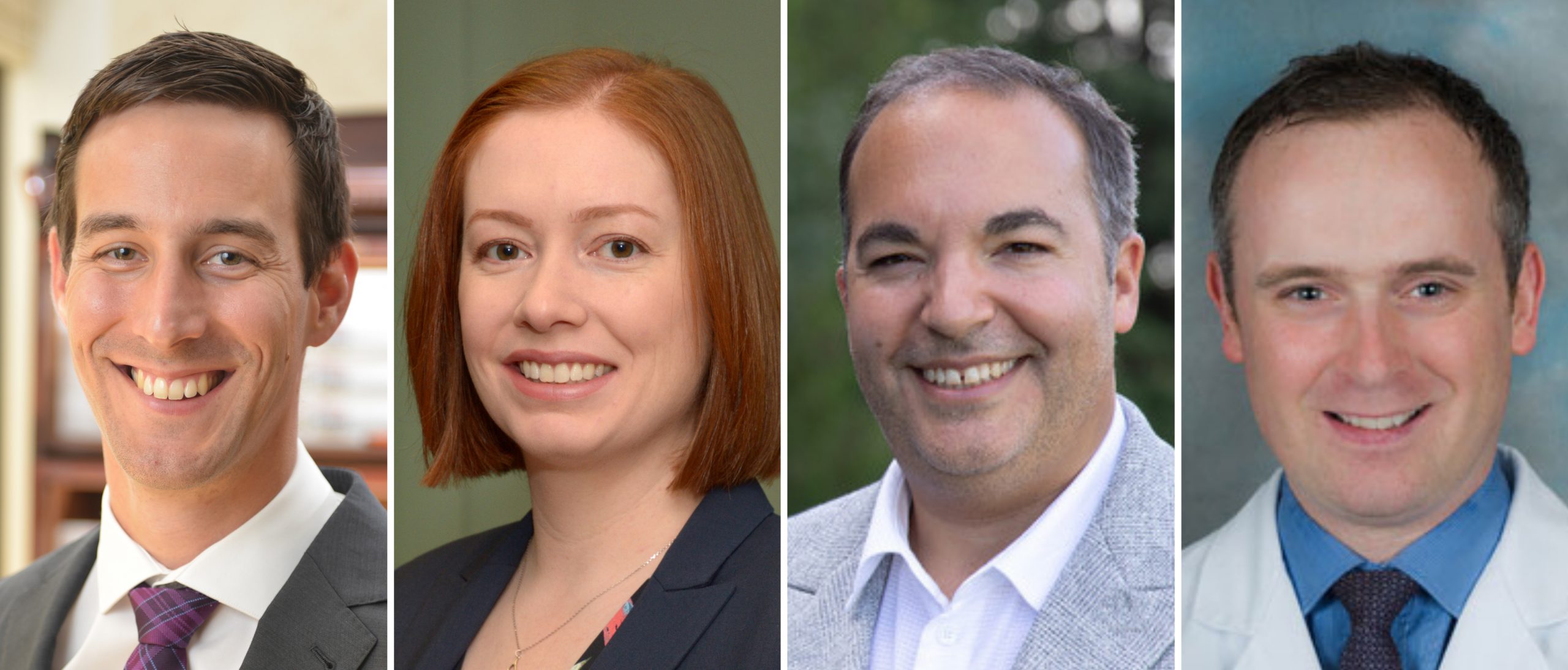
MEET OUR ALUMNI
Our alumni have established themselves as successful clinicians, educators, leaders, and innovators.